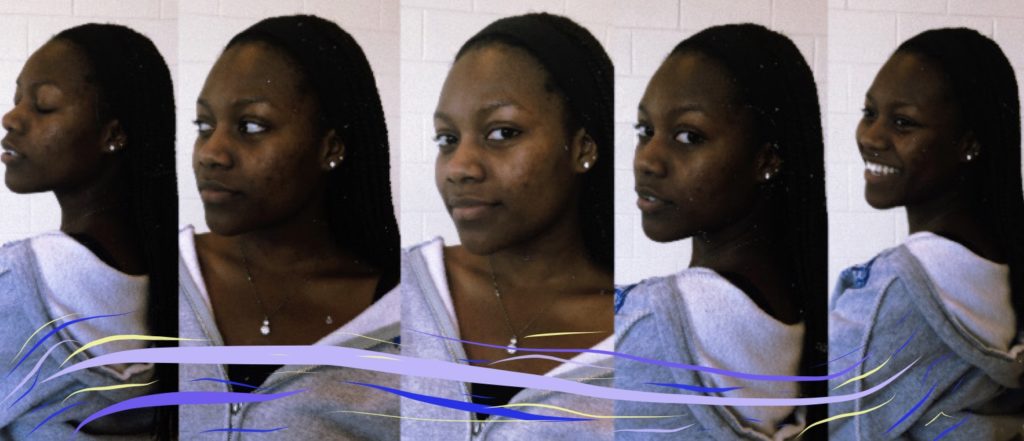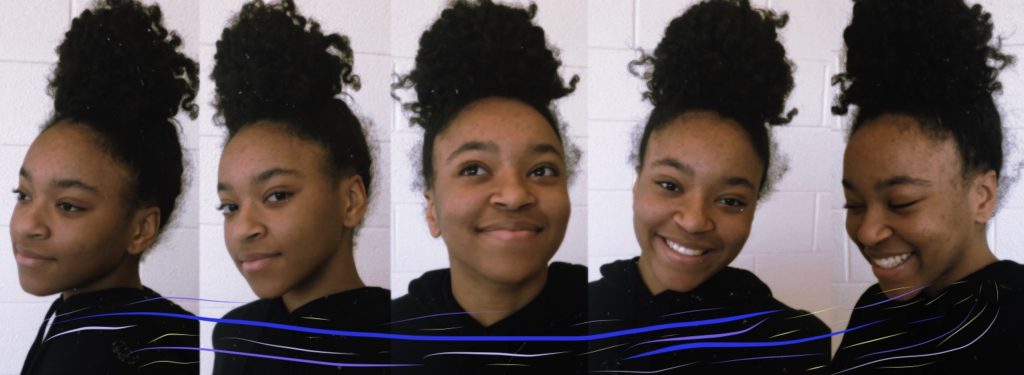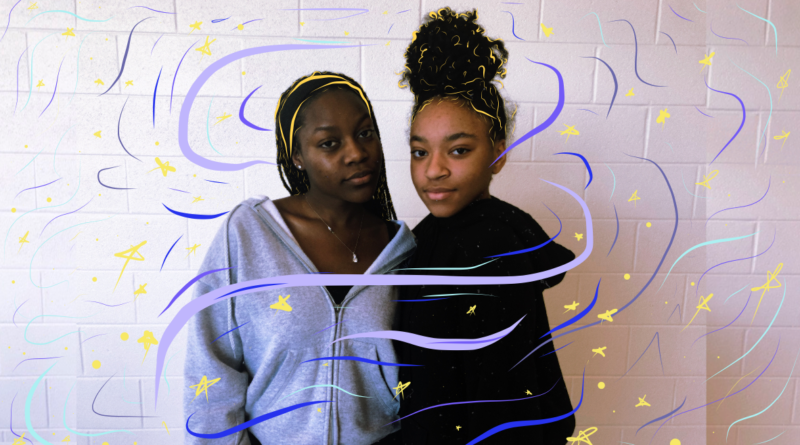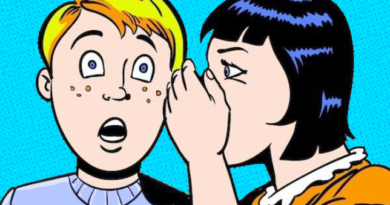Black Women, We Don’t Love Our Hair the Way We Think We Do
There is no denying that black women’s hair is unique, expressive and majestic. The celebration of the versatility in black women’s hair is inspiring and can be attributed to the revamp of the natural hair movement. Consequently, it can be quickly assumed that the fight for hair freedom is over, but it seems as though it has only gotten more confusing.

Photos taken and edited by Egan Eteffa
As little black girls, our hair is decorated with beads and bands, adding an extra pop of color to each look. But soon, those baby braids turn into pressed hair and we begin to hear glorious comments of how beautiful our hair is straight instead of naturally curly. At a young age, we are pushed into conflicting standards that shift from having hair that is innocent and fun, to soon mature and professional.
Today, those conflicting standards persist. While it used to only be, “natural hair is bad and straight hair is good,” the web of what is acceptable and what is not has branched itself. While straight hair is still considered good, natural hair comes with two branches: good natural and bad natural. Good natural, equaling “well kept” (meaning looser curls, waves or slicked hairstyles) and bad natural equaling every other black hairstyle that does not remotely fit into those “well kept” standards.
Eurocentrism is still idealized and hovers over the embrace of natural hair. We are still pushed into believing that if we are going natural, we have to do it perfectly. Especially perpetuated by the media, there is no room for imperfection when it comes to natural hair. By comparison, representation of kinkier hair is minimal to looser, bigger, curls; which in turn leaves little appreciation for the process that comes with natural hair. The transitioning period gets shamed, and the development of attempts at twist and braid outs get unacknowledged.
Now I am no saint to this situation myself. Yes, there are more 3A/3B girls all over my Instagram Explore page, giving me tips on how to make those curls bounce with a DevaCurl sponsorship. I know I am only one of many that hesitate to appreciate the raw beauty of my natural hair. Our love for natural hair is present, but it can possibly be toxic with all the restraints we have placed in our relationships with it.
But for all you non-curly queens and kings reading wondering, “Why does it matter? It is just hair right?” But in fact, it is not. It never has been just hair.
Since really the beginning of time, the way black women are perceived is determined by their exterior. While it is true that we are visual people, the way a black woman wears her hair can automatically be connected to her being “ratchet” or “ghetto”.
This so-called “toxic” relationship goes beyond a simple attachment to our hair but also the oppression that is placed simply because of our hair. In the workplace, part of close-minded school dress codes and even biases forced by our own families, our hair can serve as a presentation for perfection.
We, as black women, are quickly set to a higher standard in needing to prove ourselves in the way we live our day to day lives; our hair especially being a representation of that portrayal.
So, it can really feel like there is no winning. I would love to say that an easy fix is that there should be no one we have to satisfy when it comes to our exterior, but in reality, that is simply not the society black women live in today.

Photos taken and edited by Egan Eteffa
To combat the negativity exuded from societal standards, what matters most is to showcase that love and appreciation to ourselves. Acknowledging that our hair is beautiful in all its form is what builds that positive relationship. Putting that love into practice is not easy, but you do not have to face that journey alone. Coming together with your sisters, dedicating time to familiarize ourselves with the way our locs were made and encouraging each other forms a boundaryless love that goes to the way our hair grows.




